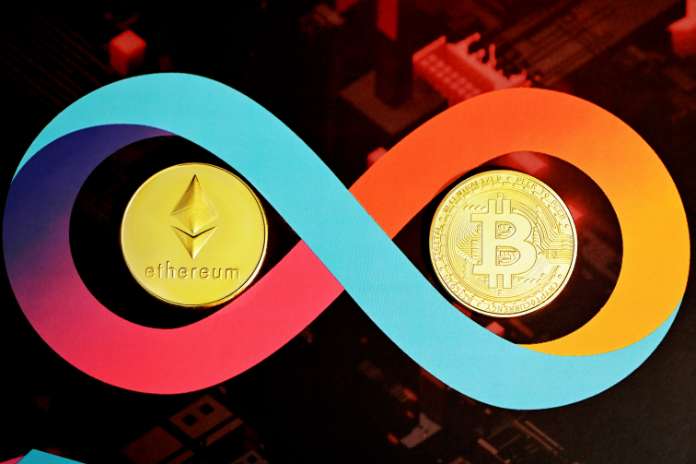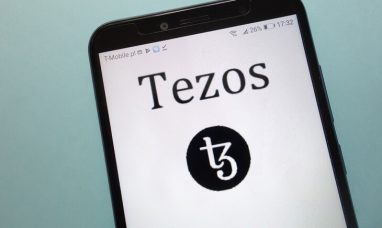Artificial intelligence and blockchain are converging to reshape the crypto landscape. According to Pantera Capital’s general partner, Cosmo Jiang, AI-driven blockchain adoption is accelerating, enhancing security, decentralization, and transparency. As deepfake technology and AI-generated frauds rise, blockchain could serve as a vital solution in verifying identities and preventing manipulation.
AI’s Role in Deepfake Detection and Security
The rapid advancements in AI have led to increased concerns about digital security, particularly with the spread of deepfakes. Jiang highlights BitMind, a project using AI on the Bittensor (TAO) network, to detect and mitigate deepfakes. BitMind employs decentralized AI models that improve detection accuracy and resilience, making it harder for malicious actors to manipulate media.
Unlike centralized platforms that control detection algorithms, BitMind operates through independent miners running classification models. This decentralized approach ensures a robust, censorship-resistant detection system, reinforcing AI-driven blockchain adoption as a crucial defense against digital deception.
Government Regulations on AI and Blockchain
With AI and blockchain becoming more interconnected, regulatory discussions are heating up. Jiang supports proactive collaboration between regulators and the tech industry to craft frameworks that foster innovation while protecting users.
He emphasizes the significance of the newly created White House AI and Crypto Czar position. This move, he argues, acknowledges that AI and blockchain are the two fastest-growing sectors, requiring tailored regulations that balance decentralization and compliance.
Decentralized AI development, in particular, offers an alternative to corporate-controlled AI systems. Blockchain networks provide a structure where multiple independent actors contribute to AI evolution, ensuring a more open and censorship-resistant future.
Pantera’s Investments in AI-Driven Blockchain Projects
Pantera Capital has been actively investing in AI-driven blockchain adoption, believing that crypto offers unique advantages for AI development. Jiang highlights investments in Bittensor (TAO) and Sentient, both of which focus on incentivizing open-source AI contributions.
Traditionally, AI research has been dominated by closed ecosystems like OpenAI. However, blockchain-based models offer a tokenized incentive structure, rewarding contributors and fostering decentralized AI innovation. Jiang compares Bittensor’s development to the early days of Bitcoin, where a passionate community built the foundation for a new financial system.
Decentralized Identity: Verifying Humans in an AI-Dominated World
Another emerging challenge in the AI era is distinguishing between humans and AI-generated entities. Pantera has invested in Worldcoin (WLD) and Humanity Protocol, two projects focused on decentralized identity verification.
Worldcoin, founded by OpenAI’s Sam Altman, aims to create a scalable system that confirms human identity without compromising privacy. If successful, this could enable fair digital interactions, protect democratic processes, and even lay the groundwork for AI-driven universal basic income (UBI).
Jiang believes that as AI-generated content becomes more prevalent, solutions like Worldcoin will be essential in preventing fraud and ensuring the integrity of online interactions.
The Future of AI-Driven Blockchain Adoption
As AI continues to evolve, its integration with blockchain is inevitable. From security enhancements to open-source AI development, AI-driven blockchain adoption is shaping the next wave of technological progress.
With deepfake detection, decentralized identity verification, and tokenized AI incentives, blockchain provides the foundation for a more transparent and secure digital world. As Pantera Capital continues investing in these innovations, the fusion of AI and blockchain is poised to redefine industries and reshape the internet’s future.
Whether through identity verification, decentralized AI research, or fraud prevention, the collaboration between AI and blockchain is not just a possibility—it’s already happening.
Featured Image: Unplash @ Kanchanara




